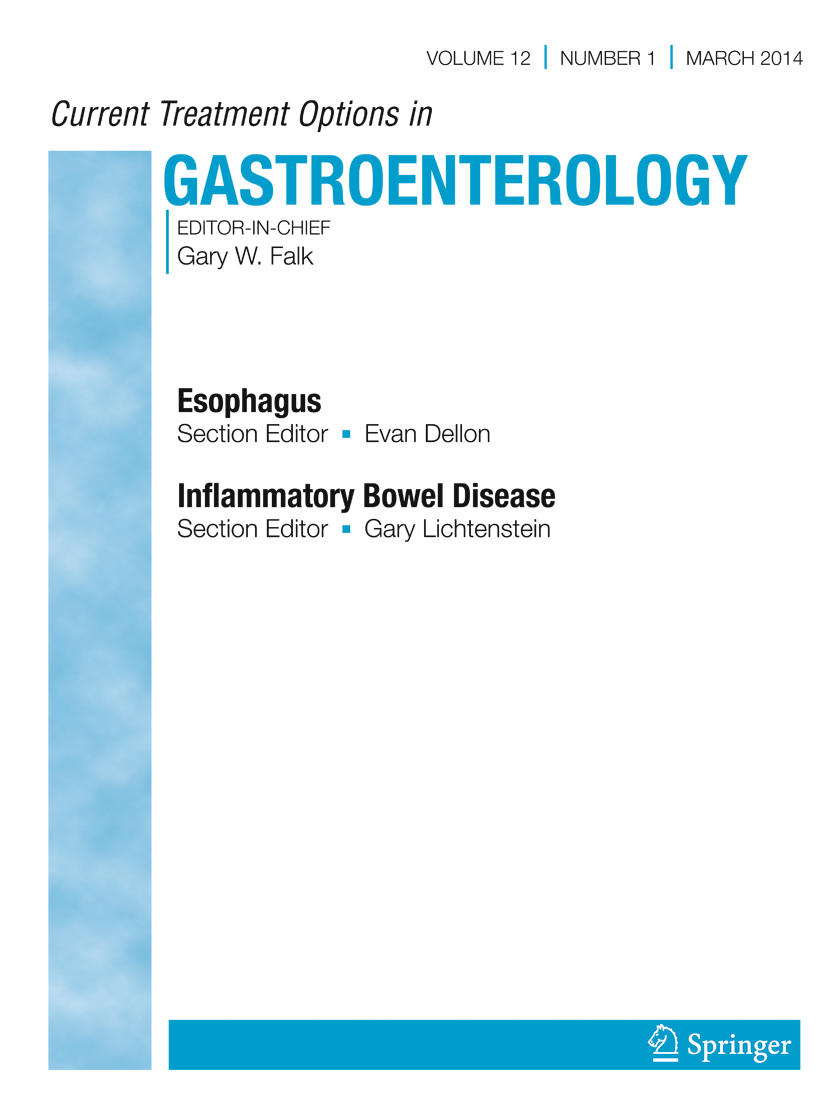Caring for a cut in your mouth can involve stopping the bleeding, preventing infection, and reducing pain and swelling. Some wounds may need medical care.
It’s very easy to get a cut in your mouth. Oral injuries can accidentally happen during regular daily activities. Playing sports, doing yard work, accidentally biting your cheek while chewing, falling down, and even chewing on your pencil can all lead to an oral cut.
While there’s a relatively small amount of space in your mouth, the area has a lot of blood vessels. This means oral cuts and scrapes can bleed a lot, even if the injury isn’t serious.
While most oral injuries aren’t serious and can be treated at home, they should be properly cared for to avoid infection and irregular scarring.
Read below to learn how to treat an oral cut and know when to get professional help.
For cuts inside your mouth such as tongue, gums, inside of the cheek, and roof of the mouth:
- Wash your hands before handling the injury.
- Clean the cut by rinsing with water.
- Remove any debris in your mouth.
- Slow bleeding by gently pressing a clean towel to the wound, and hold it there as long as necessary until the bleeding stops.
- Reduce swelling and pain by sucking on a popsicle. Avoid giving ice cubes to children due to choking risks.
- Don’t apply any creams to the inside of the mouth, but check on the wound every day and call a doctor if it isn’t healing properly or if pain worsens.
Following first aid, home treatment of oral cuts can help decrease pain and swelling, and promote healing. Try this:
- Rinse with saltwater once a day to aid healing.
- Consider arnica supplements from the drugstore or health food store to decrease swelling and bruising.
- Chewing garlic is a folk remedy believed to kill bacteria in the mouth and prevent infection. Don’t chew garlic if the wound is still open. Discontinue if there’s any burning sensation.
- Avoid foods that might sting, such as citrus and spicy food.
- Suck on a popsicle or hold an ice pack on the outside of your face near the affected area to numb pain and decrease swelling.
Possible effects of getting a mouth injury include:
Infection
Any time your skin is opened and exposed, you run the risk of infection. Viruses and bacteria can enter body tissues and blood, causing further irritation or dangerous complications.
Scarring
A cut on the lip, especially on your lip line or in the crease where upper and lower lips meet, can alter the exterior shape of your mouth. If the cut is large or jagged, a doctor may offer stitches to help things heal evenly.
Usually, you can properly care for an oral wound at home. However, seek urgent care if:
- bleeding doesn’t stop after 10 minutes
- the cut is deep
- the cut is larger than half an inch
- the cut was caused by puncture, from rusty metal, or from an animal or human bite
- the edges are very jagged and not straight
- there’s debris you can’t clear away
- there’s any sign of infection, like discoloration, it feels warm to the touch, redness, or draining fluid
Rarely does a scrape in the mouth require medical attention. Below are some reasons you may want to see a doctor.
Stitches
Stitches may be required to stop bleeding in a very deep cut. If the cut is on the lip, they also help keep the lip lines and border in shape.
Antibiotics
If you were exposed to bacterial infection, a doctor may prescribe antibiotics. Always take your full round of antibiotics — don’t just stop when you feel better.
Tetanus shot
Call a doctor right away if your cut was caused by a puncture and you’re not up to date on your tetanus vaccine — or if you don’t know the last time you had a tetanus shot.
Cuts inside the mouth heal faster than cuts anywhere else on the body. They tend to heal on their own, in a matter of days, without stitches.
Scientists have studied why oral wounds heal faster. The rich blood supply in the face and mouth help speed recovery. Saliva promotes healing and also contains proteins that aid tissue repair.
You can help your cut heal faster by keeping it clean and being very careful around the area to avoid further trauma or damage.
While accidents happen, here are some specific ways you can prevent oral injuries:
- Chew slowly to avoid biting your cheek or tongue, which is easier to do when your mouth is swollen.
- Care for braces by following safety instructions from your dentist.
- Never run while holding something sharp.
- Don’t use your teeth as scissors to open packages and bottles.
- Don’t chew on pens, pencils, or fingernails.
- Wear a mouthguard when playing contact sports.
You can usually care for oral cuts and scrapes with first aid at home. It’s important to keep the wound clean and check on it daily. Call a doctor if the cut is severe or there are signs of infection. The good news is that cuts in the mouth naturally heal very fast.








